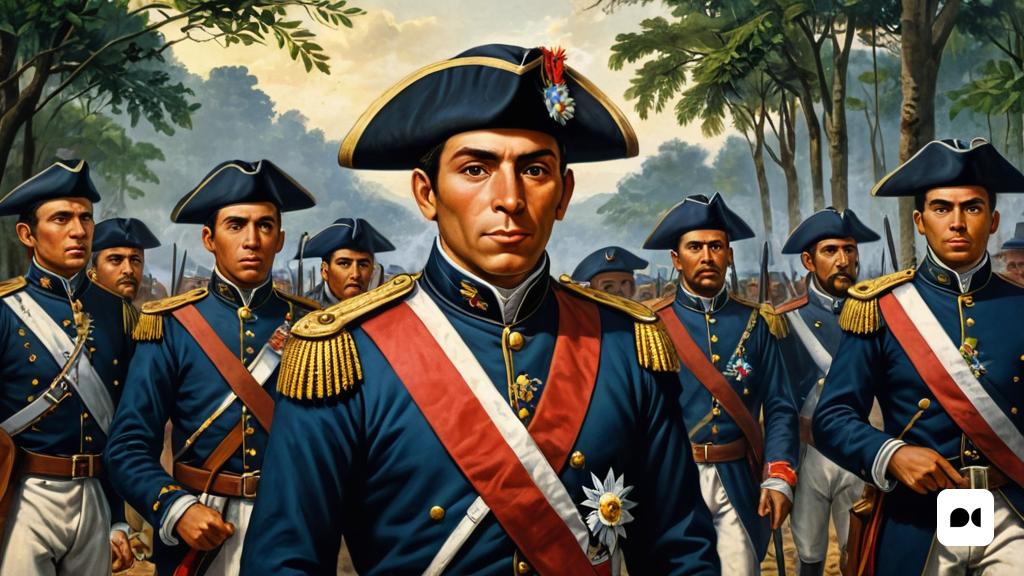Historical context
On this day in 1816, 208 years ago, in Bogota (then capital of the colonial province of Cundinamarca and the Viceroyalty of New Granada), a squad of soldiers from the Spanish colonial army murdered the botanist Josep Maria Carbonell and Martínez, leader of the independence movement of New Granada (later Republic of Colombia).
Josep Maria Carbonell was part of a select group of intellectuals from Bogotá (cradle of New Granada’s independence) formed by Tadeo Lozano, Camilo Torres, Francisco Caldas, Mercedes Abriego and Policarpa Salavarrieta, who for six years (from of the 1810 proclamation of independence) who fought against the Spanish colonial yoke. This movement was called, popularly, “chisperos”.
Family origins
According to genealogical research, Josep Maria Carbonell was born in 1775 in Bogota. He was the son of Josep Carbonell, born in 1737 in Barcelona, merchant by profession. And he was the grandson of Rafel Carbonell, born around 1710 in Vilanova, and also a merchant by profession. The Carbonells were part of that first wave of Catalan merchants of peasant origin who, after the defeat of 1714, had taken over from the merchant elites ruined, exiled or disappeared due to the Bourbon occupation of Catalonia. Those new Catalan mercantile classes would be oriented towards Hispanic America and would be the creators of the capitals that would boost manufacturing (18th century) and the Industrial Revolution (19th century) in Catalonia.
Repression and murder
Carbonell was a victim of the repression deployed by the Spanish military Pablo Morillo, captain general of the colonial province of Venezuela, who fought the pro-independence forces with a brutal regime of terror. Between March and July 1815, he had subjected Cartagena de Indias to a siege that had resulted in 6,000 deaths. And between 1815 and 1818 he ordered the confiscation of property, the imprisonment and the murder of hundreds of people committed to the independence movement. When his “Permanent War Tribunal” and his “Junta de Purificación” confiscated and sentenced to death the pro-independence scientist Francisco Caldas, the academics of the Viceroyalty asked him for clemency and his answer was: “España no necesita sabios” .

